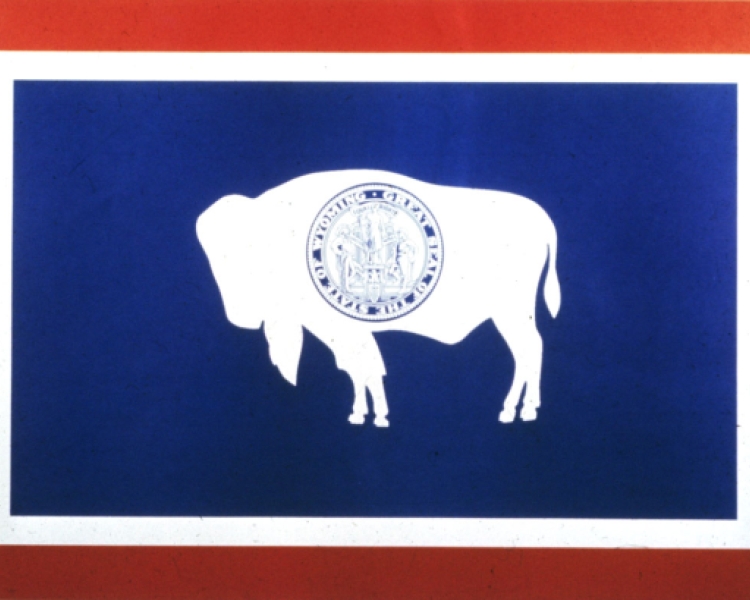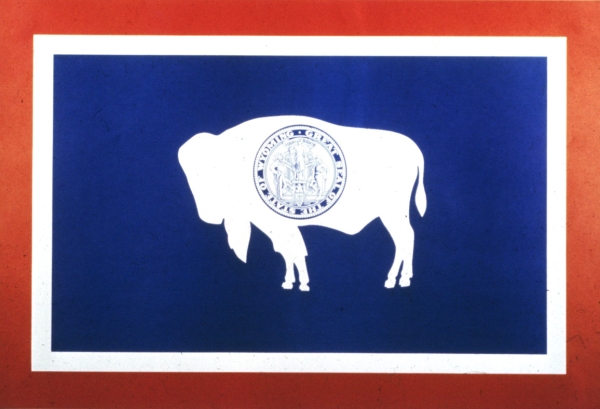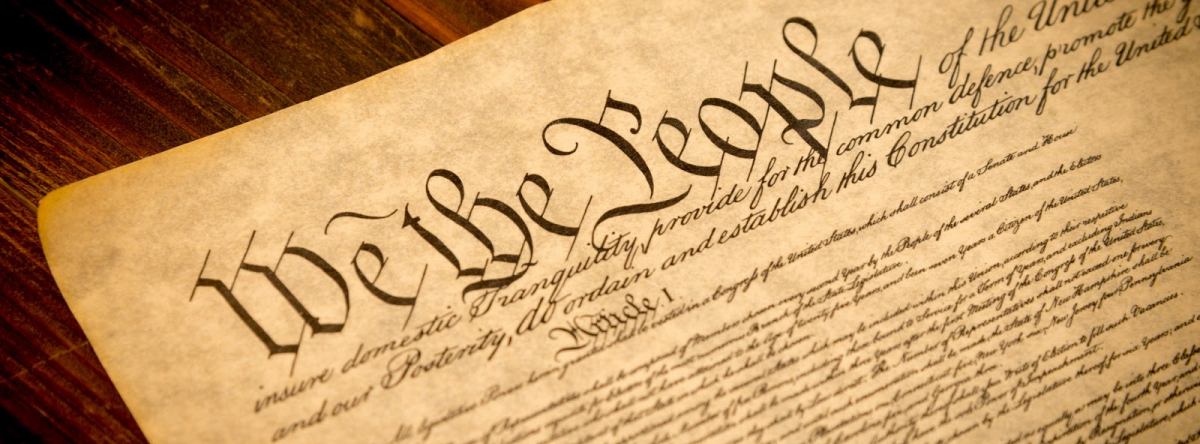Today, a federal court dismissed the lawsuit against Wyoming’s proof-of-citizenship voting law—citing lack of standing. In the case, Democrat operative "Russia Hoaxer" Marc Elias was dealt a crushing defeat! Elias was using a leftist group to sue Wyoming’s Republican Secretary of State, Chuck Gray.
The closely watched case had attracted the attention of the Republican National Committee, Trump’s Department of Justice, and a coalition of 25 states and Guam, all of which sided with the new law.
The lawsuit was filed in May after the Wyoming Legislature passed House Bill 156, “Proof of voter residency-registration qualifications,” during the 2025 session.
June 26, the RNC filed a motion to intervene in the case. Summary of HB 156: AN ACT relating to elections; requiring a qualified elector to be a bona fide resident of the state of Wyoming for not less than thirty (30) days before the date of the election in which they offer to vote; requiring documentation proving residence to register to vote; prohibiting registration based on documentation showing noncitizen status; making conforming amendments; requiring rulemaking; and providing for effective dates.
HB 156 passed the Wyoming House of Representatives 51-8 and the Wyoming Senate 26-4. The bill was the number one priority of Secretary of State Chuck Gray’s Election Integrity Agenda announced in December 2024.
The lawsuit alleged that the new law is unconstitutionally vague as written and imposes an undue burden on the right to vote. But Elias and Co. failed to adequately state a claim against the new law, U.S. District Judge Scott Skavdahl of Wyoming concluded in his ruling.
The new law is a significant win for election security measures and makes proof of state residency and U.S. citizenship part of the voter registration process by requiring documents like a U.S. passport or birth certificate.
The legal battle emphasized states’ rights to secure their elections. The dismissal reinforces the argument that states can implement measures to prevent non-citizen voting, aligning with broader Republican efforts, such as the Safeguard American Voter Eligibility (SAVE) Act, to require documentary proof of citizenship. Wyoming Secretary of State Chuck Gray hailed the ruling as a victory against attempts to undermine “common-sense election integrity measures.”
Elias contended that existing “attestation” requirements under penalty of perjury were sufficient. However, proponents like GOP State Rep. John Bear argued that attestation alone is insecure, a view supported by the court’s decision. Bear who was lead sponsor of the legislation, said he was “grateful” for the decision.
This ruling may influence similar legal battles, such as those in Arizona, where the U.S. Supreme Court in August 2024 partially upheld proof-of-citizenship requirements for state voter registration forms, but allowed federal form users to vote in federal elections without such proof.
The DOJ had filed a Statement of Interest in the Wyoming case defending the state’s legitimate interest in securing its voting process from fraud by requiring documentary proof of citizenship to register to vote.
“It is a crime for non-citizens to vote in federal elections, and it is important that the American people have confidence in the integrity of our elections.” said Deputy AAG Michael Gates of the DOJ’s Civil Rights Division. “Requiring documentary proof of citizenship is common sense and ensures that only citizens vote.”
Longstanding Supreme Court precedent recognizes that states have a significant interest in preventing fraud and safeguarding voter confidence in the election process. Wyoming’s new ‘documentary proof of citizenship’ law is a mechanism to enforce laws that prohibit non-citizen voting and ensure that ONLY eligible voters cast ballots.
When voters cast their ballots, they should be confident that their vote is given its due weight, undiluted by fraudulent votes of ineligible voters. This confidence is the bedrock of participatory democracy. Requiring documentary proof of citizenship to register to vote is a valid way to secure the voting process.
WAGOP Chairman and State Representative Jim Walsh’s Election Integrity Citizens Initiative IL26-126: AN ACT Relating to requiring verification of citizenship for voter registration, also incorporates requiring documentary proof of U.S. citizenship to register to vote (enhanced driver's license or enhanced ID card, a birth certificate, U.S. passport, or naturalization certificate).
Share This Post...











